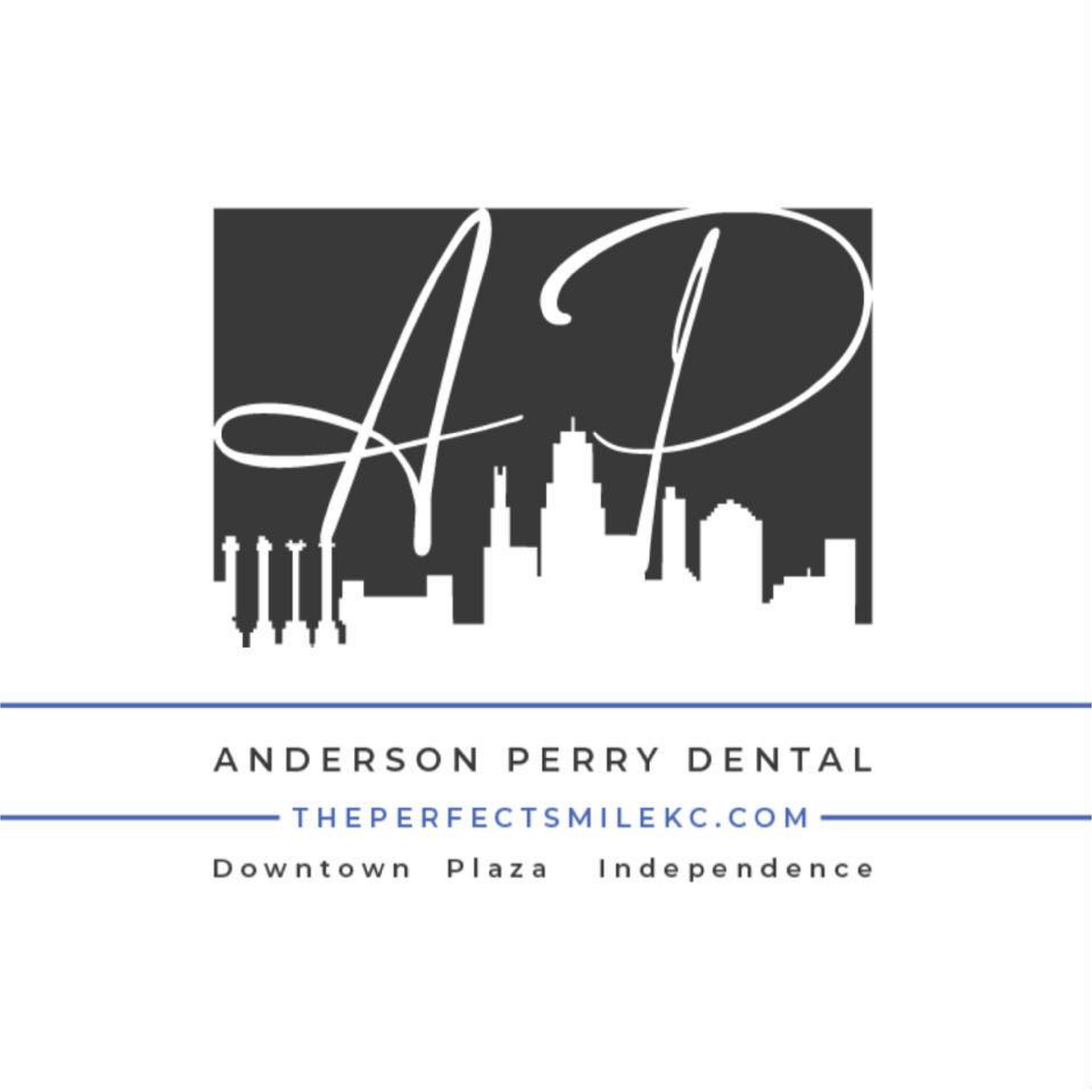Act quickly in the case of a Dental Emergency

Injuries to your teeth or gums can sometimes be serious conditions which should be addressed by a dentist quickly. Ignoring known dental emergencies or other complications could cause permanent damage, hours in the dental chair, and of course, lots of money! Because dental emergencies always seem to occur at the most inconvenient times, having some information on what to do can be helpful. Aside from calling you dentist immediately, let us take a look at what you can do if you are faced with different types of dental emergencies.
Toothaches:
A toothache typically occurs if decay has gotten close to or reached the nerve of the tooth and caused it to become irritated. In many cases you will likely need a filling, crown, or possibly even a root canal. It is also possible to need an extraction if too much of the tooth has been damaged by decay.
The best thing you can do to help relieve the pain is to take a pain reliever such as Advil and call the dentist. Placing an icepack on the affected area may help to reduce the pain. Sometimes, rinsing with warm salt water may help. Gently flossing the sore area may help to relive some pain by removing any lodged food particles. It is not advised to place and pain killers directly on the gums of affected tooth, this may cause a burning reaction on the gums only adding to the pain.
Related Article: 6 Toothache Remedies
Lost fillings or crowns:
Keeping up with your regular dental visits helps to reduce the risk of loosing a filling or crown. The dentist can examine each tooth restoration to make sure they are still functioning as they should. If you find yourself with a lost filling or crown, avoid chewing on the affected area to help reduce any tooth sensitivity you may be experiencing and contact your dentist.
When a crown has fallen off you may be able to place an over-the-counter temporary bond or denture adhesive to the inner surface to temporarily bond the crown to your tooth until you can see the dentist. It is important that the crown and tooth are clean and dry before attempting this. It is not advised to eat or sleep with a crown that is temporarily bonded due to the risk of it coming off and being swallowed or in some uncommon cases inhaled.
Broken tooth:
If you break a tooth, be sure rinse your mouth with warm water to rinse out some finer pieces of the broken tooth. If you’re bleeding, hold a piece of gauze on the area until the bleeding stops. To keep the swelling down, hold a cold compress on the cheek, mouth or outside lip area near the chipped tooth. Taking a pain reliever, such as Advil, can help to reduce some of the sensitivity you may be feeling until you can get into the dentist.
Your dentist will evaluate the broken tooth to determine the best course of treatment.
Abscess or Infections:
Abscesses are serious oral conditions that affect the root of the tooth and gums. If left untreated, they could possibly spread to other parts of the body. Both abscesses and soft tissue injuries can be treated by rinsing your mouth several times with salt water and seeing your dentist as soon as possible.
None of the provided tips should replace the care provided by a dentist. It is important that if you are experiencing any of the mentioned dental emergencies that you see your dentist as soon as possible.
If you are dealing with a dental emergency and are in need of a dentist, contact us immediately or schedule your appointment to meet with any of our skilled dentists at one of our three conveniently located dental office locations within the Kansas City area, including Lee’s Summit / Independence, the Country Club Plaza and Downtown Kansas City. The gentle dentists and expert team at Thomas L. Anderson and Associates look forward to working with you to treat your dental emergency, achieve proper oral health and a beautiful smile that will last a lifetime. If you have any questions about your dental insurance benefits, please do not hesitate to contact us. We are happy to review your policy! Please give us a call today to schedule an appointment and become part of our dental family.
